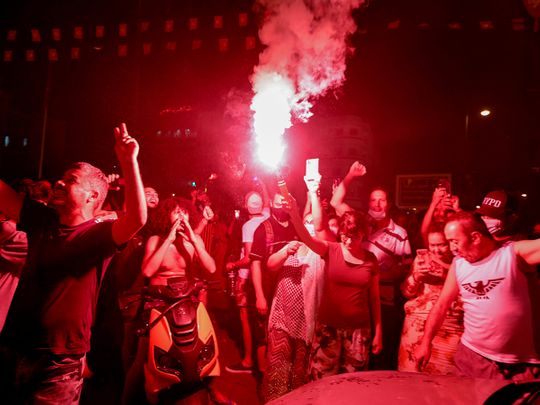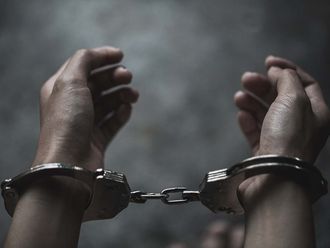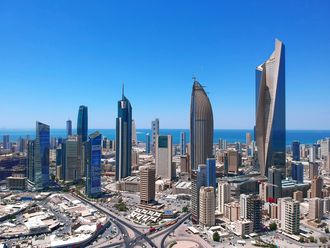
Abu Dhabi: Tunisian President Kais Said said in video statements on Wednesday, that 460 Tunisians stole 13.5 billion dinars ($4.8 billion) of public money, and proposed to them a “penal settlement” if they returned those funds.
Said added during a meeting with the head of the Tunisian Union of Industry, Trade and Handicrafts, who appeared in a video recording published by the presidency, that “wrong economic choices” caused great financial pressure on Tunisia.
He called on merchants to reduce the prices of goods and warned against hoarding or speculation, saying that the violation would be confronted by law.
Said said: “We are a country that does not beg. There are financial pressures as a result of a number of economic choices... Why do you pay taxes and social security and the others do not pay taxes, in addition to the loans that they obtained from banks and did not pay them back...? It should go back to the Tunisian people because it is their money.”
Meanwhile, the Tunisian presidency stated that President Said had dismissed the head of national television.
Authorities said Wednesday that an investigation was opened with the two largest parties in parliament, who accused President Said of carrying out a “coup” when he used exceptional powers, last Sunday, and froze the parliament’s work.
A judicial source said the Tunisian judiciary had opened an investigation into three political parties, including Ennahda and Qalb Tounes, on suspicion of receiving funds from abroad during the 2019 election campaign. The third party in question is the “Aish Tounes” party.
A decade after the 2011 revolution that sparked the Arab Spring, Tunisia faces the most severe test of its democratic system.
President Said has not yet appointed a new prime minister, since he dismissed the government on Sunday, nor has he disclosed how he intends to deal with the situation within 30 days, which is the duration of the suspension of parliament’s work.
Although the Ennahda party on Sunday called on its supporters to take to the streets to protest the steps taken by the president, it has since called for calm and sought a national dialogue to get out of the crisis.
There were little indications, Wednesday, of any political tensions in the country, as there were no protests and no disturbances, but a more intense security presence was observed in the center of the capital.
The army has been surrounding Parliament, the government and the state TV station since Sunday.
The president ordered adherence to a long-standing ban that prevents the gathering of more than three people on streets, but there were also no indications that it would be implemented as people moved and gathered normally.
Said also tightened some of the restrictions already in place to combat the COVID-19 pandemic, including a night curfew and a ban on movement between cities.
Civil society organisations, which have played a key role in the political scene since the 2011 revolution, did not condemn the president’s steps, but called on him to quickly announce his plans and end the emergency period within a month.
Western governments have also told Said they were closely monitoring his commitment to upholding the rule of law, including press freedom and the independence of the judiciary.








